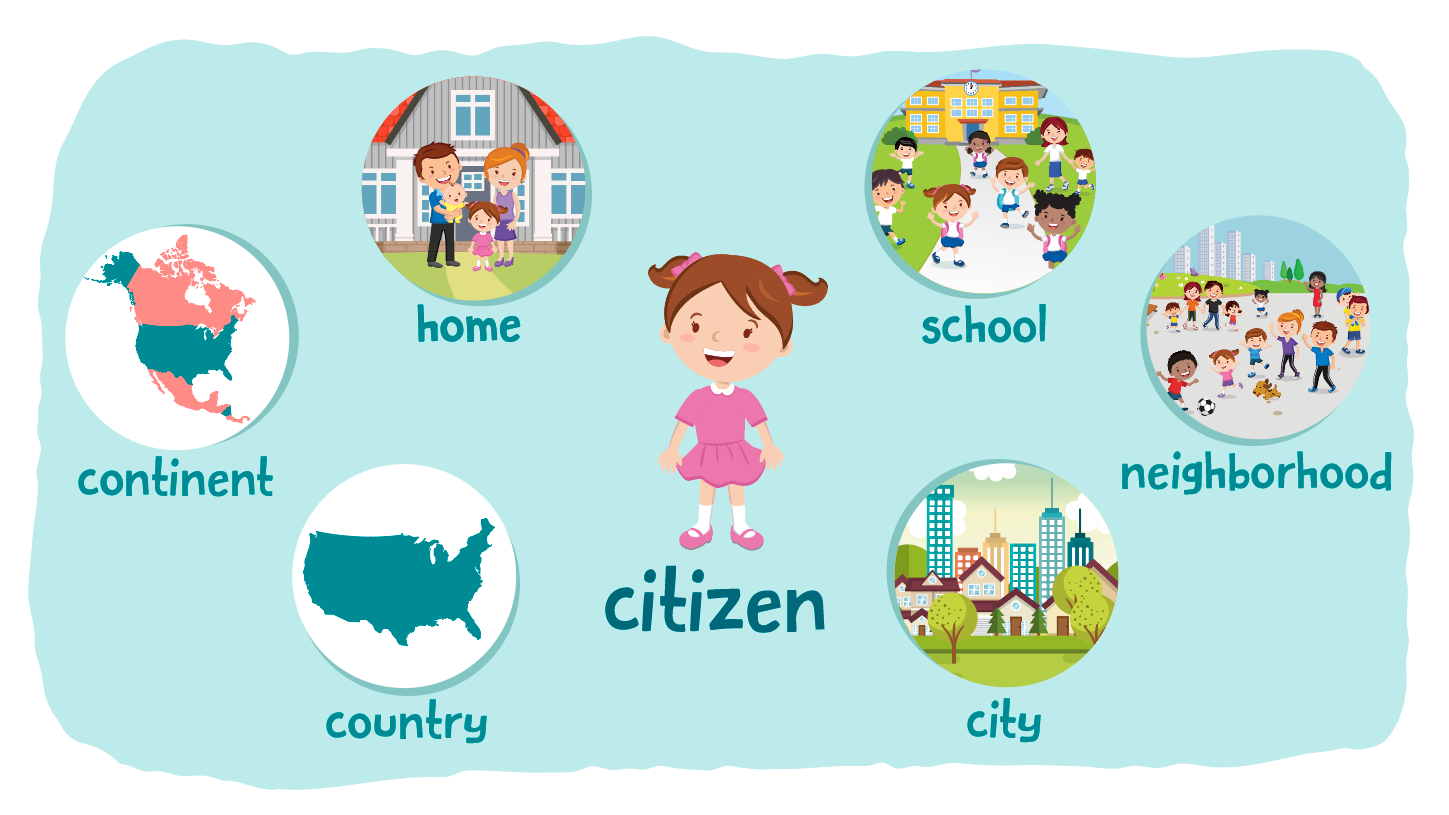Normal Science worksheets activities for Ages 4-6
6 filtered results
-
From - To


Force and Interactions: Assessment 1 Worksheet


Space: Assessment 1 Worksheet


Light and Sound: Assessment 2 Worksheet


Animals and Plants: Assessment 2 Worksheet


Space: Assessment 2 Worksheet


Animals and Plants: Assessment 1 Worksheet
Normal Science worksheets activities play an essential role in the educational journey of students across various grades. These worksheets are not just pieces of paper filled with questions; they are a gateway to understanding complex scientific concepts through structured and engaging activities. Integrating Normal Science worksheets into the curriculum promotes an active learning environment, encouraging students to think critically and apply their knowledge practically.
Firstly, these activities are designed to cater to diverse learning styles. Whether a student is a visual learner, prefers hands-on experiences, or learns best through reading and writing, Normal Science worksheets provide a variety of approaches to comprehend and retain information. This inclusivity ensures that every student gets an opportunity to grasp scientific theories and principles in a way that resonates with them the most.
Moreover, Normal Science worksheets activities facilitate incremental learning. They are often structured to introduce concepts gradually, starting from basic to more complex ideas. This step-by-step approach helps students build a strong foundation, making it easier for them to tackle advanced topics as they progress in their academic journey. It also allows for immediate feedback, enabling both students and teachers to identify areas of strength and those that require more attention.
Additionally, these worksheets encourage critical thinking and problem-solving skills. By engaging in activities that require analysis, prediction, and experimentation, students develop a scientific mindset. They learn to approach questions methodically, consider various outcomes, and draw conclusions based on evidence. This not only enhances their academic performance in science but also prepares them for real-world challenges.
In conclusion, Normal Science worksheets activities are invaluable tools in the educational process. They offer a tailored learning experience, promote gradual and comprehensive understanding, and cultivate critical thinking and problem-solving abilities. By integrating these activities into the science curriculum, educators can ignite curiosity, foster a love for learning, and equip students with the skills needed to succeed in the ever-evolving world of science.

 Assign to My Students
Assign to My Students








.jpg)












